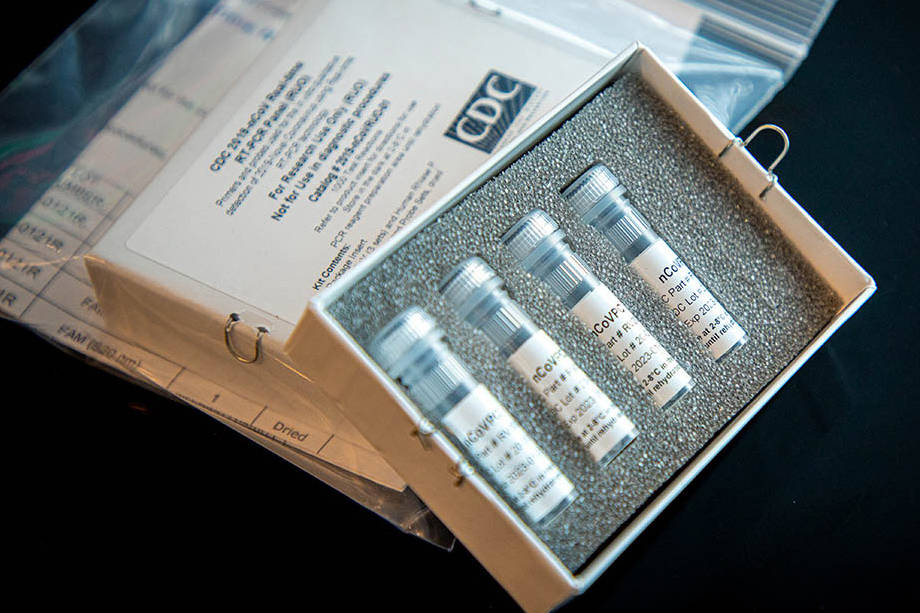Submitted by the Washington State Department of Health
The Washington State Department of Health’s guidance around testing has not changed: if you have symptoms, you need to get tested. If you’re a close contact of a confirmed case, you need to get tested. Close contacts of confirmed cases also need to stay at home away from others (quarantine) for 14 days after the last exposure even if they test negative for COVID-19 because it is possible for people who test negative to still be incubating the virus, and become contagious later.
People with symptoms of COVID-19 or who have had close contact with someone who tested positive for COVID-19 should make testing their first priority. However, timing is key. Testing too soon after an exposure may give you a negative result, even if you’ve been infected. If exposed and you develop symptoms, testing that day or the next is recommended. If exposed and you don’t develop symptoms, waiting 5-6 days after exposure to get a test is recommended. People must stay in quarantine for the entire 14 days even if a test is negative.
Getting a test is a lot easier to do now than it was several months ago. If you aren’t sure where to go to get tested, there are many options available: you may call your health provider to see if they can test you, or call your county health department if you don’t have a doctor. If you prefer another method, check your nearby pharmacies, or look online for a local clinic near you offering tests. These tests are free and you do not need insurance to get one if you have symptoms consistent with COVID-19 or have been a close contact of someone with COVID-19.
When you fall into one of the top two categories: symptoms or contact, you should have a plan for how to get tested in the way that’s easiest and most convenient for you. “It may happen once, it may happen multiple times,” said Dr. Charissa Fotinos, the state’s testing leader and deputy director of HCA, “so it needs to be something that people have a plan for and are comfortable doing as needed for the next several months.”
The state of Washington has plenty of supplies and testing locations are growing across the state. DOH and its partners are working to increase access to testing sites across the state, and tests are available in every county. But more people need to get tested at the right time if we’re going to make the progress needed to find infections and stop the spread of this virus. “Testing is a key piece of our state’s disease control strategy because it helps us identify and control the spread of COVID-19,” said Dr. Kathy Lofy, state health officer. “Continued testing will keep us on the path toward containment and a return to a new normal sooner rather than later.”
DOH has established a call center to address questions from the public. If you have questions about what is happening in Washington state regarding COVID-19, please call 1-800-525-0127 and press #. If you need help finding a testing site near you, check with your local health department or district. You may also call 211 for more resources.



